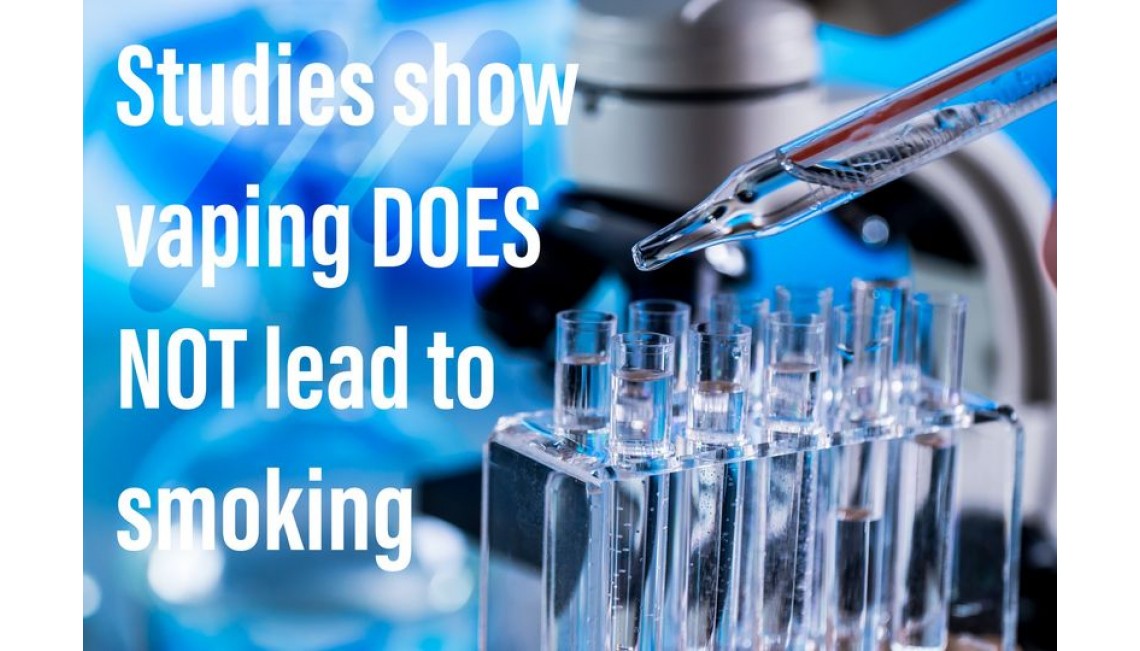UKECRF Research Review

UKECRF says: “The briefings are intended for researchers, policy makers, health professionals and others who may not have time to keep up to date with new findings and would like to access a summary that goes beyond the study abstract” and includes “high profile studies most relevant to key themes identified by the UK Electronic Cigarette Research Forum; including efficacy and safety, smoking cessation, population level impact and marketing”.
Youth use of e-liquid flavours
A review by a team including C. Notley, S. Gentry and S. Cox examined data from 58 studies exploring the use of flavoured e-cigarettes in young people. The relationship between use of e-cigarette flavours and uptake and cessation of smoking and uptake and continuation of vaping were investigated, as well as adverse effects, experiences and perspectives of participants.
They found that young people who vaped were more likely to choose favoured e-liquids than non-flavoured, with a preference shown for fruit and sweet flavours over tobacco and menthol varieties.
They concluded that: “Flavours may be an important motivator for e-cigarette uptake, but the role of flavours in tobacco smoking uptake or cessation is unclear”.
One study with 48 months of follow-up data found no association between the use of flavoured e-liquids and subsequent uptake of cigarette smoking.
Effects of electronic cigarette e-liquid flavouring on craving
The University of Bristol study also included the assistance of Public Health England’s Martin Dockrell. They looked at the possible unintended consequences (reduced appeal and effectiveness of e-cigarettes for smoking cessation) of e-liquid flavour restrictions.
They found e-liquid flavouring did not appear to have an effect on average cigarette craving, peak cigarette craving, or cue-elicited cigarette craving.
The team concluded: “We did not find evidence to suggest that nicotine-containing fruit/sweet-flavoured and unflavoured e-liquids have different effects on cigarette cravings after 1 week of use. Further research is needed to establish if differences emerge over longer periods of exposure and extend to smoking cessation outcomes.”
Effect of Electronic Nicotine Delivery Systems on Cigarette Abstinence in Smokers With No Plans to Quit
This American randomised control trial covered 520 smokers aged 21 - 65 to see if vaping could help them to remain smoke-free. Participants were provided with advice on how to quit and either an eGo starter kit with 0/8/36 mg/ml nicotine e-liquid or a cigarette-shaped tube as a substitute.
The researchers found that participants using a kit with 36mg/ml nicotine were significantly more likely to achieve 7-day point prevalence abstinence at 24 weeks than those in the 0mg/ml group. All of the participants in the 36mg/ml group who were abstinent at 24 weeks were using their ENDS product when they achieved abstinence and 86% of them were still using the product at week 24.
They concluded: “when people seeking to reduce smoking try nicotine e-cigarettes, and continue to use them beyond a few weeks, a greater proportion will achieve smoking abstinence than those given non-nicotine e-cigarettes or cigarette substitutes”.



